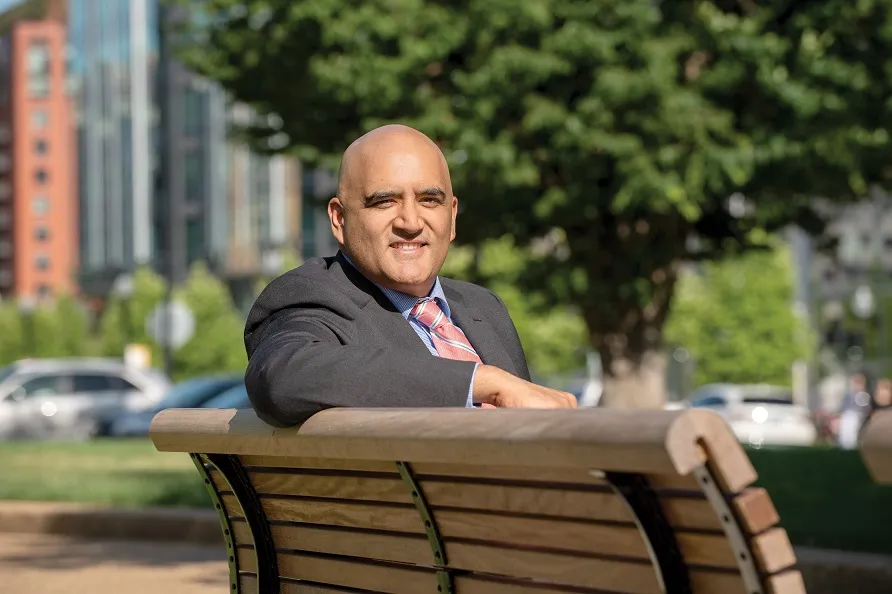The Asia development Bank (ADB) is calling for countries in Asia, including the Philippines, to invest heavily in "inclusive" and "sustainable" transportation systems if they want to spur economic growth and reduce poverty. "Without appropriate and adequate transport, countless millions of people lack access to jobs, markets, hospitals and schools. Regional connectivity remains a major challenge for many countries," ADB President Haruhiko Kuroda said in his speech during the second day of the "Transport For
November 8, 2012
Read time: 2 mins
The 6849 Asia development Bank (ADB) is calling for countries in Asia, including the Philippines, to invest heavily in "inclusive" and "sustainable" transportation systems if they want to spur economic growth and reduce poverty.
"Without appropriate and adequate transport, countless millions of people lack access to jobs, markets, hospitals and schools. Regional connectivity remains a major challenge for many countries," ADB President Haruhiko Kuroda said in his speech during the second day of the "Transport Forum 2012: Inclusive and Sustainable" in Mandaluyong.
Mr. Kuroda said this requirement has become more pressing amid increasing urbanisation. "From 1980 to 2010, Asia added more than a billion people to its cities, with a further billion set to be city dwellers by 2040," he said. He also noted that Asia’s share of the global vehicle fleet has grown to 17% to 2005 from 9% in 1980, and is expected to increase further to 46% by 2030.
"By inclusive, we mean transport systems that are safe, affordable and accessible to all members of society, and not just those who are wealthy enough to own a car," he said. "By sustainable, we mean transport systems which minimise the impact on the natural environment, promote the efficient use of scarce resources, including fuel and road space, and protect the health of all citizens," he added. Around US$8 trillion in infrastructure investments are needed over the next 10 years, he continued.
The ADB and other lenders expect to provide US$175 billion in transport funding to developing countries over the next 10 years.
"Without appropriate and adequate transport, countless millions of people lack access to jobs, markets, hospitals and schools. Regional connectivity remains a major challenge for many countries," ADB President Haruhiko Kuroda said in his speech during the second day of the "Transport Forum 2012: Inclusive and Sustainable" in Mandaluyong.
Mr. Kuroda said this requirement has become more pressing amid increasing urbanisation. "From 1980 to 2010, Asia added more than a billion people to its cities, with a further billion set to be city dwellers by 2040," he said. He also noted that Asia’s share of the global vehicle fleet has grown to 17% to 2005 from 9% in 1980, and is expected to increase further to 46% by 2030.
"By inclusive, we mean transport systems that are safe, affordable and accessible to all members of society, and not just those who are wealthy enough to own a car," he said. "By sustainable, we mean transport systems which minimise the impact on the natural environment, promote the efficient use of scarce resources, including fuel and road space, and protect the health of all citizens," he added. Around US$8 trillion in infrastructure investments are needed over the next 10 years, he continued.
The ADB and other lenders expect to provide US$175 billion in transport funding to developing countries over the next 10 years.







